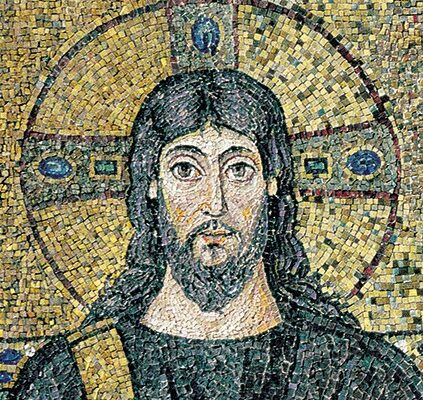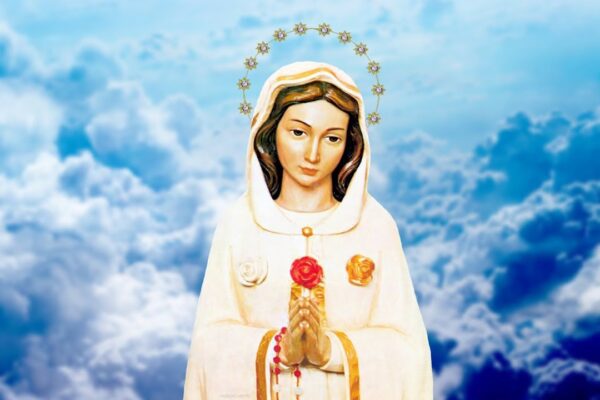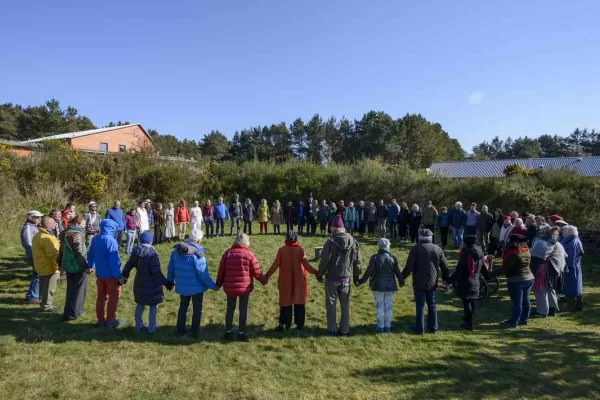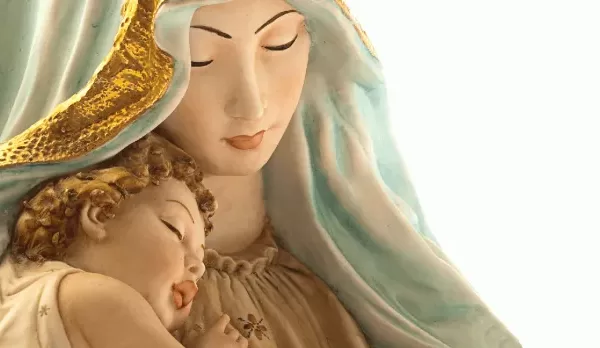When our Lord Jesus Christ was born, around 4 BC, the world was a vast and intricate mosaic, held together by the immense power of the Roman Empire. To understand this sacred period, we turn to the insights of Roman geographers and historians, whose writings provide a window into the ancient world as it was when the Savior entered it. The Roman Empire: The Pinnacle of Civilization The Extent of the Empire At the time of Jesus’s birth, the Roman Empire was under the rule of Emperor Augustus, the first Roman emperor who had established the Pax Romana—a period of relative peace and stability across the empire. Roman geographers like Strabo and Pliny the Elder documented the expanse of Roman territories, which stretched from the British Isles in the northwest to Egypt in the southeast, and from Hispania (modern Spain) in the west to the regions of Syria and Judea in the east. Infrastructure and Urbanization The Romans prided themselves on their infrastructure. Roads, aqueducts, and cities were meticulously planned and constructed, facilitating trade, military movement, and communication. The Via Appia, one of the earliest and strategically most important Roman roads, connected Rome to the southern parts of Italy, exemplifying the empire’s engineering prowess. Economic and Cultural Hubs Cities like Rome, Alexandria, and Antioch were bustling centers of commerce, culture, and political activity. Roman geographers highlighted the significance of these cities not only as administrative centers but also as melting pots of different cultures, languages, and religions. Judea: The Birthplace of Jesus Geographical Significance Judea, where Jesus was born, was a small but significant province in the Roman Empire. Situated at the crossroads of Africa, Asia, and Europe, it was a land of diverse peoples and cultures. Roman geographers described it as a region of strategic importance, lying along vital trade routes and connecting various parts of the empire. Political Climate The political landscape of Judea was complex. It was under Roman occupation, with local governance often in the hands of client kings like Herod the Great. The Roman presence was marked by a blend of direct rule and local autonomy, a system designed to maintain stability while extracting resources and loyalty from the local populace. Socio-Economic Conditions The economy of Judea was largely agrarian, with agriculture forming the backbone of daily life. Roman records indicate that the region produced olives, figs, and dates, which were vital for both local consumption and export. The social fabric of Judea was a tapestry of various groups, including Jews, Samaritans, and Gentiles, each with its own customs and religious practices. Beyond the Roman Frontiers: The Known World Neighboring Civilizations Roman geographers were aware of civilizations beyond the empire’s borders. To the east lay the Parthian Empire, a formidable rival known for its skilled horsemen and archers. The Silk Road, a series of trade routes connecting the East and West, brought goods and ideas from as far as China and India into the Roman sphere of influence. The African Continent Africa was known to the Romans through their interactions with Egypt and the kingdom of Kush. The Nile River was a critical artery for trade and transportation, and Roman geographers like Strabo described the wealth of Egypt in terms of its grain production, which was essential for feeding the population of Rome. Northern Europe and the Barbarian Tribes To the north, beyond the boundaries of the Roman Empire, lay the territories of various barbarian tribes. The Romans had frequent encounters—both hostile and peaceful—with these groups, whose lands were characterized by dense forests and rugged terrain. Roman geographers often depicted these regions as mysterious and untamed, inhabited by peoples with different customs and ways of life. The Worldview of Roman Geographers Maps and Descriptions Roman geographers created maps and wrote extensive descriptions of the known world. While these maps were rudimentary by modern standards, they reflected the Roman understanding of geography and their place within the world. The “Orbis Terrarum,” or the map of the world, often placed Rome at the center, symbolizing its perceived role as the heart of civilization. Cultural Exchange and Knowledge The Roman Empire was a conduit for cultural exchange. The spread of ideas, technologies, and religious beliefs was facilitated by the empire’s extensive network of roads and trade routes. This period saw the mingling of Greek, Roman, Egyptian, and Near Eastern cultures, creating a rich tapestry of intellectual and cultural life. Conclusion The world at the time of Jesus’s birth was a dynamic and interconnected realm, intricately described by Roman geographers. From the bustling streets of Rome to the sacred landscapes of Judea, the Roman Empire was a complex mosaic of cultures, economies, and political entities. Understanding this context enriches our comprehension of the historical and cultural backdrop into which Jesus was born, lived, and preached—a world poised between tradition and transformation, seeking meaning and connection in a vast and varied landscape. As Catholics, we believe that Jesus entered this world at the appointed time, fulfilling the prophecies and bringing salvation to humanity. The richness of the Roman world, with its diversity and interconnectedness, provided the perfect stage for the spread of the Gospel. The birth of Jesus in a humble manger in Bethlehem marked the beginning of a new era, one where divine love and redemption were made manifest in the world. Let us reflect on the profound significance of this moment, understanding that the Savior came into a world much like our own, full of challenges and opportunities, to bring us closer to God and to one another.









